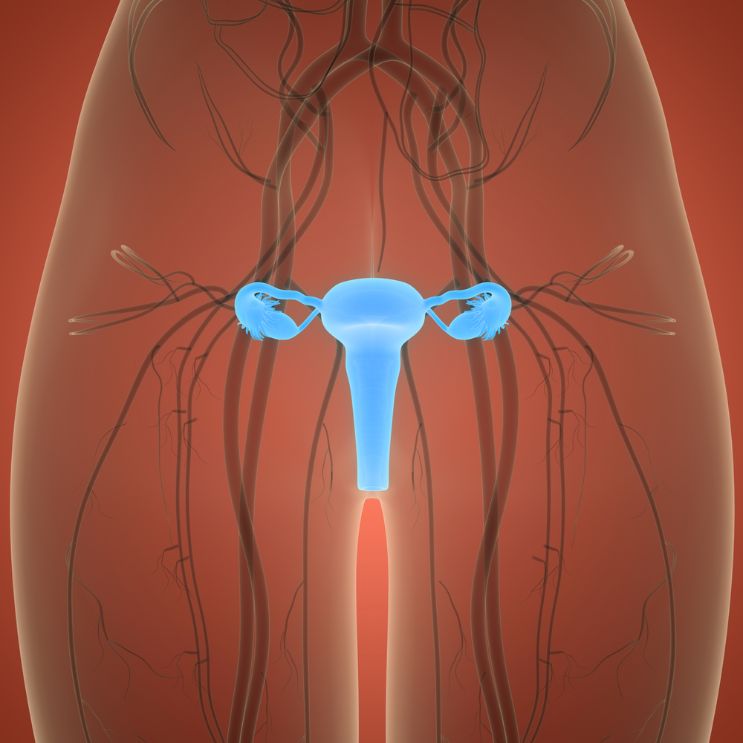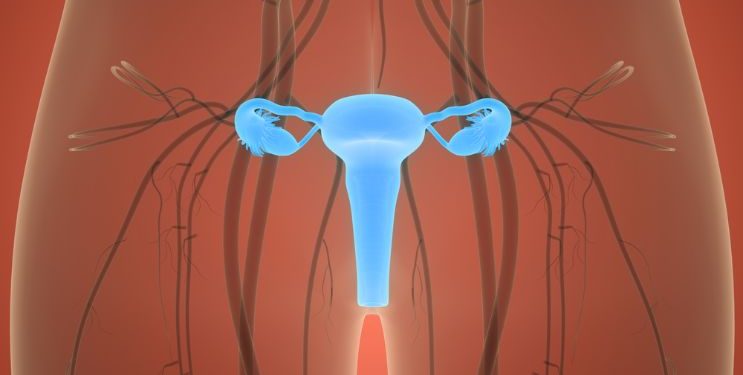Dysfunctional Uterine Bleeding (DUB) is a condition that occurs when a woman experiences vaginal bleeding outside of her normal menstrual cycle. There are different reasons why a woman may experience this type of bleeding. The main cause of a woman’s dysfunctional uterine bleeding is a hormonal imbalance. In addition, there are other medical conditions that can also trigger this type of bleeding.
If you’re experiencing irregular bleeding, you should see a doctor. A few symptoms of this disorder are light bleeding, painless spotting, and irregular periods. You may have a blood count, ultrasound, or a gynecological examination to determine your disorder. It’s important to get the right treatment because a misdiagnosis can lead to relapses.
Women who are in the perimenopausal stage of their lives are most likely to have a problem with abnormal uterine bleeding. However, the condition can be found at any age. Other causes of dysfunctional uterine bleeding include hormone medications, sexually transmitted diseases, and other medical problems.
Some other possible causes of uterine bleeding are thyroid disease, ovarian cysts, and polyps. These conditions can be benign or malignant. Thyroid disease can cause inflammation of the thyroid, which can interfere with the production of hormones. Polyps are small growths on the lining of the uterus. Most polyps are benign and do not cause cancer.
Abnormal uterine bleeding can be a sign of a more serious condition, like endometrial cancer. Symptoms can include abdominal pain, light bleeding, and low blood pressure. This type of bleed can be accompanied by breast tenderness and bloating.

Women can also develop a condition called adenomyosis, where the endometrium grows into the myometrium. Normally, this does not happen, but it can happen when hormonal imbalances occur.
Other types of uterine bleeding can include heavy bleed, menometrorrhagia, and spotting. Spotting is a lighter, brown bleed than a normal menstrual period. Usually, spotting lasts a few days or weeks.
A blood test will help diagnose abnormal uterine bleeding. This test will check your hormone levels and any other relevant factors. Medications, such as birth control pills, can also trigger the condition.
Depending on your age and other health conditions, you can be prescribed medications to help treat your dysfunctional uterine bleeding. Treatments vary from patient to patient, but some drugs can improve the condition. Oral contraceptives, for example, contain synthetic estrogen that works to control the menstrual cycle.
If you are experiencing dysfunctional uterine bleeding, it’s important to make sure you get it diagnosed and treated. Otherwise, you can experience relapses and other complications. With the correct diagnosis and treatment, you can cure your disorder.
A blood test is the first step to diagnosis. Another test, such as ultrasound, can detect the severity of your bleed. Additionally, you can perform a pelvic exam. Pelvic examinations can help rule out other conditions that can produce similar symptoms.
Dysfunctional uterine bleeding symptoms can range from a light brown spotting to a heavy, painful bleed. The amount of bleeding you experience will determine the kind of treatment you need.









